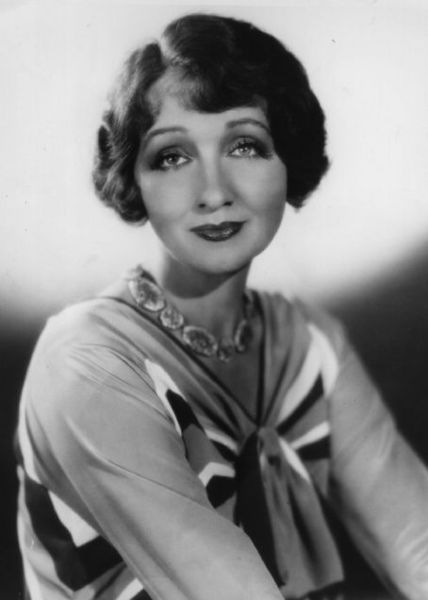 |
| Shishapangma |
First Ascent of Shishapangma, 1964
There are 14 "eight thousanders" in the world: 14 independent mountains that are higher than 8,000 meters. All of them are located in the Himalayan and Karakoram ranges in Asia. The lowest of these mountains is Shishapangma, at 8,013 meters. Although the lowest, it was the last of the eight thousanders to be scaled, primarily because it is located entirely within Tibet, and thus has been regulated heavily by both Tibetan and Chinese authorities.The name Shishapangma is derived from its Tibetan name, Xixapangma meaning "crest above the grassy plains." In Sanskrit it is called Gosainthan, "the place of the saint," or "abode of God."
The first team to climb Shishapangma was a Chinese expedition led by Xu Jing, which reached the summit on May 2, 1964. Since then, it has been scaled by a number of teams. The north face is relatively easy to climb, especially since the base camp at 5,000 meters can be reached by vehicle.
Easy or not, 22 people have died climbing Shishapangma. One victim was Alex Lowe, considered one of the best mountain climbers of his time. In October, 1999 Lowe was killed by an avalanche on the mountain, along with cameraman David Bridges, who was filming the ascent for a documentary. A third team member, Conrad Anker, also an expert climber, was severely injured but not killed. The trio had planned to be the first Americans to ski from the summit.
The three men noted that a large serac (a block or column of ice) had broken free of the glacier and was headed for them, but initially they thought it was not a serious threat. In fact, they snapped photos of it. When they realized it was headed straight for them they attempted to run. Anker was thrown 100 feet and suffered two broken ribs and a dislocated shoulder, but attempted to locate the other two men. Neither was wearing a location transponder, and the bodies were never located.
 |
| Hedda Hopper |
Hedda Hopper's Birthday, 1885
Hedda Hopper was born Elda Furry, one of nine children of a Quaker butcher and his wife. Her parents didn't want her to pursue show business, so she ran away when she was 18 and became a New York chorus girl and understudy actress.Elda became the fifth wife of actor/singer/producer DeWolf Hopper, whose previous four wives had been named Ella, Ida, Edna, and Nella. Understandably, he sometimes got the names mixed up. The fifth Mrs. Hopper decided to change hers, and consulted a numerologist to see what name she should choose. The verdict was "Hedda."
DeWolf Hopper, incidentally, was famous in his own right as the man who made the poem "Casey at the Bat" an American institution. The poem was practically unknown when he began performing it. He recited it on stage, radio, records, and on film, over a period of forty years and over 10,000 performances.
Hedda appeared in over 120 movies in the years 191 through the late '30's. By the mid-30's her career was definitely in a slump, and she took a job as a gossip columnist for the Los Angeles Times. She was incredibly successful and became even more so when she went to write for The New York Daily News. Her column was syndicated and appeared in newspapers all over the country.
Her penchant for large hats and her on-going feud with rival gossip columnist Louella Parsons made her a legend in her own time. Besides her column, she wrote books, appeared on radio and TV, and appeared in movies, usually portraying herself.
Hopper had friends and allies in high places, especially in the right-wing community. She was a friend of Howard Hughes, Senator Joseph McCarthy, Ronald Reagan, and J. Edgar Hoover. She fanned the fires of the Hollywood witch hunts during the McCarthy Blacklisting days, and attacked Charlie Chaplin so often that she is regarded as a prime cause of his leaving the country. She also attempted to have Citizen Kane pulled from distribution, due to her friendship with Howard Hughes. (Hughes is widely regarded as the model of the character of Charles Foster Kane.)
 |
| Spencer Tracy kicked her in the butt. |
Hopper died in 1966 of double pneumonia. She and DeWolf Hopper had one son, William Hopper, who is best known for his role as Paul Drake in the TV series, Perry Mason.
Henry Martyn Robert's Birthday, 1837
 |
| The 1876 Edition |
Robert's Rules is the most widely-used parliamentary authority in the United States today. There are other authorities: Bourinot's, Mason's, Riddick's, and the Standard Code. Organizations can also write their own procedures. Thomas Jefferson even wrote a manual, although his was intended for use in the Senate.
 |
| Brigadier General Robert |
No comments:
Post a Comment